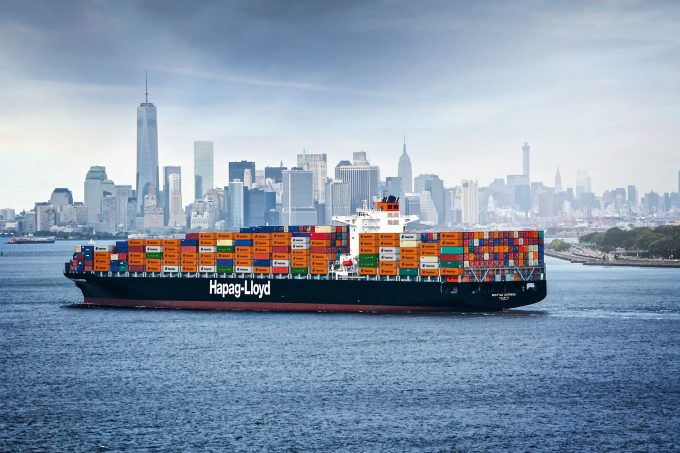FMC demands more info from Premier Alliance to assess its 'competitive impacts'
The US Federal Maritime Commission (FMC) has issued a request for more information from ONE, ...

US shipping regulatory body the Federal Maritime Commission (FMC) is to introduce revised rules covering container detention and demurrage practices across the country after commissioner Rebecca Dye released the results of an eight-month investigation into how carrier and container terminal apply the charges.
The main conclusion was that demurrage ...


Comment on this article
Gary Ferrulli
December 10, 2018 at 3:50 pmI think you’ll find possibly common definitions, not price. Needs anti-trust authority, and it isn’t what the Commission wants to do. More complex than most think demurrage is essentially storage of cargo on terminals – just happens much of that cargo is in containers. Detention is for use of container outside of terminal areas and not part of the initial contract of carriage (bill of lading) rather a contract called an interchange agreement, usually between the ocean carrier and trucker. And Service Contracts for a large portion of the East-West volumes obviate most ” commonality” through negotiations. As FMC said, most of this is commercial,
not regulatory
Ignacio Flores
December 10, 2018 at 5:46 pmAbout time.